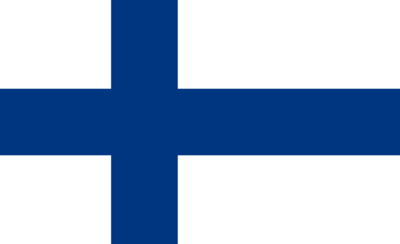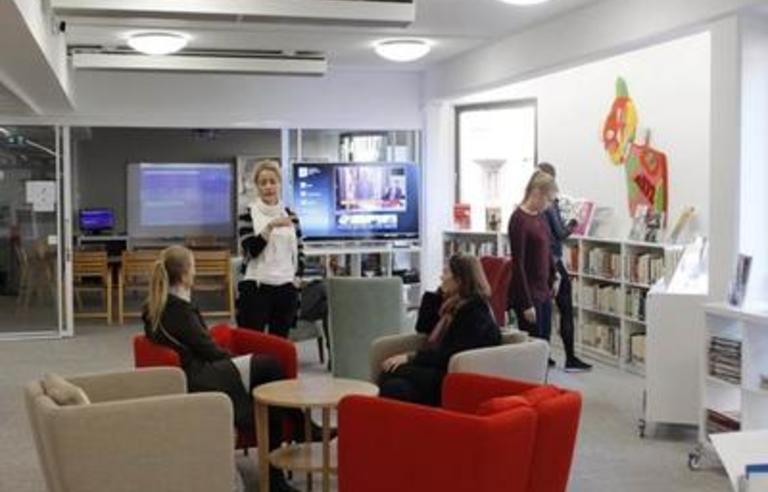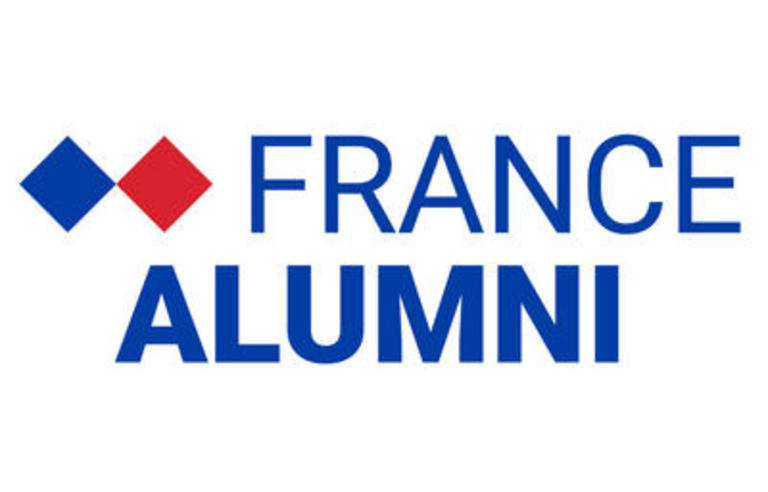In France, there are more than 3,500 public and private institutes of higher education. Universities, Grandes Ecoles and schools of art or architecture.
1. UNIVERSITIES
In France, there are 83 public universities. The universities are multi-disciplinary and cover all disciplines. Most of the French students (up to 1.5 million) study in universities.
No entrance exams
The crucial difference between the French and the Finnish universities is that in most French universities there are no entrance exams. Everyone with a French diploma of upper secondary school (baccaleauréat) has the right to register as a student in one of the French universities, to a programme corresponding to one's diploma. The Finnish YO-tutkinto and the International baccalaureate are both accepted in France.
However, some of the universities and their programmes are so popular that they must select students based on their grades and a motivation letter.
Students are first accepted to bachelor's studies and all students must apply for master's studies after finishing the bachelor's degree. Students follow their own curriculum, advance in their studies on an even pace, and do the exams on set dates. The universities often also provide employement-oriented courses.
Fees: The French public institutes of higher education do not charge tuition fees, but they do have an annual registration fee. The registration fee varies on a scale of 170 to 500€ per year.
Applications: The applications for first year of bachelor's take place every year in January-March. Most applications are done through Parcoursup. Always check with the university and study programme that interests you for further instructions on applications.
2. Grandes écoles
Grandes écoles host about 285 000 students (app. 13 % of all students)
There are schools specialised in business, administration, and technical fields; Ecoles normales supérieures (ENS); Instituts d’études politiques (IEP); veteninary and other institutes specialised in particular fields.
Grandes écoles schools are the specialty of the French system of higher education. Some of the schools are public, some private, and some under the supervision of the Chambers of Commerce. The teaching and research in all are top class.
Grandes écoles are often small, specialised in one particular field, and with strict admission criteria. The traditional path is to do a two-year classe préparatoire, after which students go through an entrance exam to begin the actual grande école studies. Nowadays, many schools follow the European degree structure, bachelor-master-doctor. International students may have their own admission quota and their own programmes.
Fees: The fees vary between 300 and 15 000€, depending on the school.
Applications: Grandes écoles usually have their own application procedures, some of which happen through the joint application procedure.
3. Other Specialised Institutes of Higher Education
Over 3000 institues of higher education
Public or private
Up to 500 000 students
Health and care sectors, communications, architecture, fashion, design, tourism, gastronomie, agriculture, social and political science, etc.
This group sees the most variety. The choice for a specific institute of higher education takes place through a an entrance exam or through a simple application. In the fields of art, applicants are usually expected to present an art portfolio of one's own works.
The institutes of higher education award either diplomas recognised by the state (diplômes d’État) or else, their own diplomas (diplômes/certificats d’établissement) which are not recognised by the state.
Fees: The fees fluctuate between 3 000 - 15 000€ per year.
Note that Kela only grants student allowance for studies in a publicly supervised institution.
Applications: These specialised institues of higher education either participate in the joint application process or have their own application procedures in place.
For more information on the French higher education system, universities, and degrees, please consult the resource center of Campus France.




















